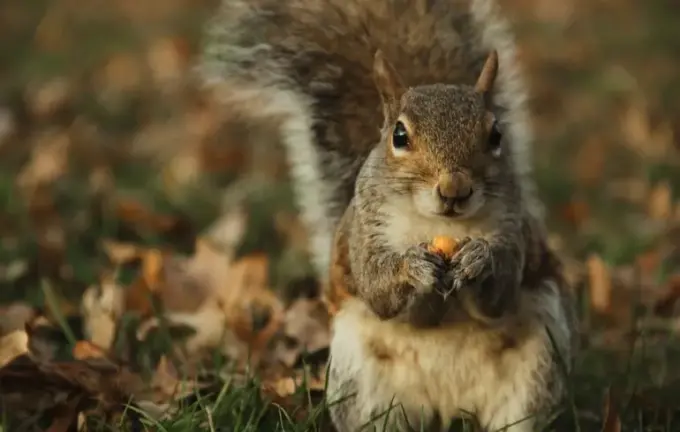How to Properly Say “Bєlka” in Ukrainian: A Deep Dive into Etymology and Modern Context

Since the outbreak of full-scale war initiated by Russia, a significant number of Ukrainians have made a conscious choice to reject using the Russian language in everyday life and to switch to their native Ukrainian.
However, this linguistic transition is not always straightforward, especially when it comes to replacing certain Russian words with Ukrainian equivalents.
One interesting example is the word “bєlka,” commonly used to refer to a squirrel—an active and agile creature that inhabits forests and parks across Ukraine.
Ukrainian language features several names for this animal, each rooted in its characteristics or historical background.The primary modern Ukrainian term is “bilka,” which traces back to the Old Slavic roots: from the word bělъka, formed from the root bělъ meaning “white.” Historians and linguists suggest that initially, this term described an animal with light-colored fur, valued historically for clothing manufacture.
Over time, “bilka” became the standard term in Ukrainian speech for this species.Another name, “vyvirka,” is more archaic and still preserved in some regions of Ukraine.
Its etymology is linked to the Proto-Indo-European root wer-, meaning “to spin” or “to whirl,” perfectly capturing the lively behavior of this little creature.
The term “vyvirka” remains in use in languages of other Slavic nations, such as Polish (wiewiórka), Czech (veverka), and Slovak (veverica).According to Ukrainian etymological dictionaries, “bilka” replaced “vyvirka” in the region of over Dnipro as early as the 14th century.
Most linguistic sources treat both words as synonyms, reinforcing their cultural and linguistic closeness.
This illustrates the rich linguistic heritage of Ukraine, preserving different terms for a single animal.Today, as Ukrainians are actively conscious of fostering their national language and identity, many already use pure Ukrainian terms in daily communication.
When it comes to saying “bєlka,” the correct and accepted term is “bilka,” although “vyvirka” still holds regional significance.
Choosing the right words is an act of patriotism and a way to preserve cultural uniqueness.Social researchers note that in the context of ongoing Russian aggression, many Ukrainians not only switch to Ukrainian but also consciously strive to strengthen their linguistic identity.
However, there is a possibility that once the external threat diminishes, some will revert to Russian in informal settings.
Therefore, promoting Ukrainian language skills and vocabulary is vital for maintaining Ukraine’s cultural diversity and unity.For more insights into the linguistic transition and challenges faced by modern Ukraine, read Volodymyr Shishkov’s article “The Transitional Age of Language” on ZN.UA, which explores the current language situation and ways to enhance it.

